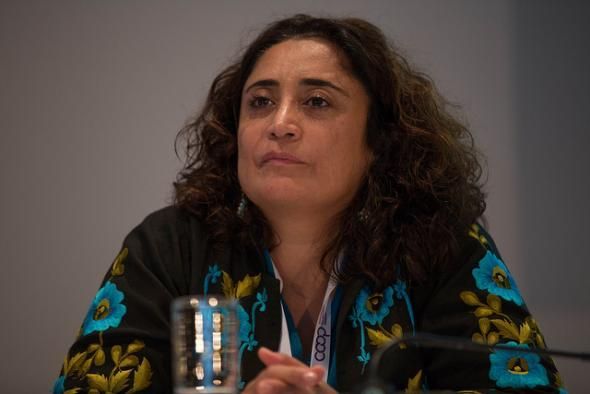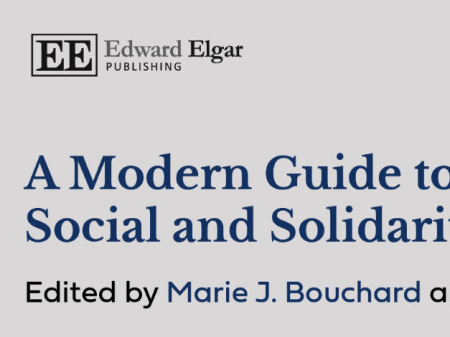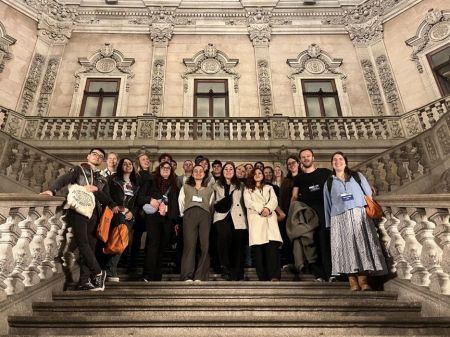We are pleased to share news of a new book relevant to…
Co-operatives need to be on UNs post-2015 development agenda

With the Millennium Development Goals coming to an end in 2015, co-operatives could help shape the United Nations’ development agenda, argued Simel Esim, Chief of the Cooperative Branch of the International Labour Organization.
Speaking at the International Co-operative Alliance Global Conference in Cape Town, the ILO official explained why co-operatives should play a role in setting up the post-2015 development agenda.
If co-operatives did not get involved in the discussions prior to establishing the Millennium Development Goals, they should be included in the new framework, said Ms Esim. Full employment remains ILO’s main objective and co-operatives could help to achieve this by creating employment and improving working conditions.
“We are very interested in knowing how co-ops can contribute to creating jobs.”
Apart from their important contribution to tacking unemployment, co-operatives could act as drivers of sustainability. Due to their open membership principle, co-operatives help to achieve social inclusion. Evidence from different regions around the world also shows that co-operatives have an important role to play in reducing poverty in local communities where they are embedded. According to the ILO, renewable energy co-operatives offer consumers a local option to have clean energy while investing socially and economically in sustainable development.
The Blueprint for a Co-operative Decade provides guidelines on how co-operatives could become the most sustainable enterprise model by 2020.
The Blueprint, argued Ms Esim, brings into attention the question of sustainability not only at enterprise level, but also at a much higher social, economic and environmental level.
To establish how co-operatives could help to achieve new development targets, the ILO, in collaboration with the International Co-operative Alliance (ICA) and the United Nations Research Institute for Social Development (UNRISD), has launched an online survey and in-depth interviews with representatives of the co-operative movement from around the world.
The initiative was designed to gather information on how co-operatives have contributed to sustainable development and their potential to contribute to the achievement of the soon to be proposed new development goals. The ILO has received over 300 responses to the survey within the first weeks.




